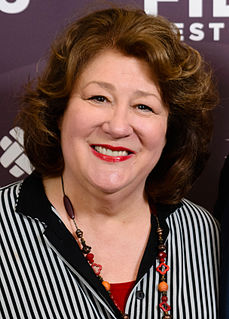A Quote by Raymond Pettibon
Most writers do similar things in their minds. It's how the mind works, basically.
Related Quotes
I believe you have to write every day–make the time. It’s about having an organized mind instead of a chaotic and untidy one. There is a myth that writers are bohemian and do what they like in their own way. Real writers are the most organized people on the planet. You have to be. You’re doing the work and running your own business as well. It’s an incredibly organized state. [Also reading]…one of the things reading does do is discipline your mind. There are no writers who are not readers.
I like the idea all memory is fiction, that we have queued a couple of things in the back of our minds and when we call forth those memories, we are essentially filling in the blanks. We're basically telling ourselves a story, but that story changes based on how old we are, and what mood we're in, and if we've seen photographs recently. We trust other people to tell us the story of our lives before we can remember it, and usually that's our parents and usually it works, but obviously not always. And everybody's interpretation is going to be different.
I love television because it's the most alive, because you don't know how it's going to end. It's a living thing. Sometimes the writers are watching you to see how things will unfold. Sometimes the writers have written it, and you come to it, and they have to change their way of going because of what you've done.
Children, we are told to make an offering at the temple or at the feet of the guru, not because the Lord or guru is in need of wealth or anything else. Real offering is the act of surrendering the mind and the intellect. How can it be done? We cannot offer our minds as they are, but only the things to which our minds are attached. Today our minds are greatly attached to money and other worldly things. By placing such thoughts at the feet of the Lord, we are offering Him our heart. This is the principle behind giving charities.
I think seeing is about truly looking, observing, and taking things in with an open mind. It's easy to see things at face value but some of the most beautiful things are not apparent at first glance. The works that stick with me and that I find to be most beautiful are often not aesthetically inviting right off the bat. So I think having an open mind and allowing the lines to blur between art, music, fashion, food, what have you, all leads to cultivating a much more open and enjoyable aesthetic sensibility.








































